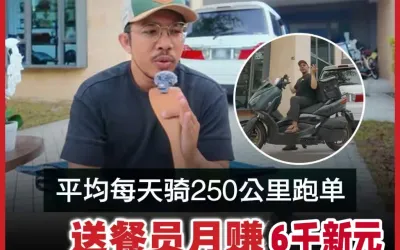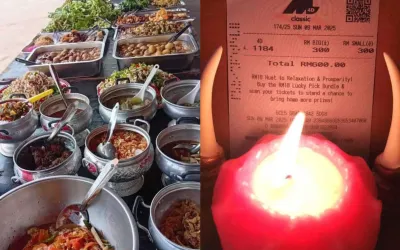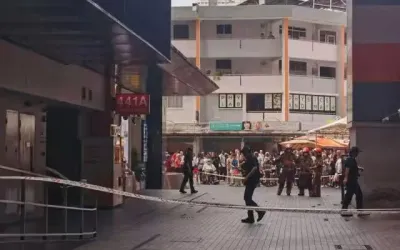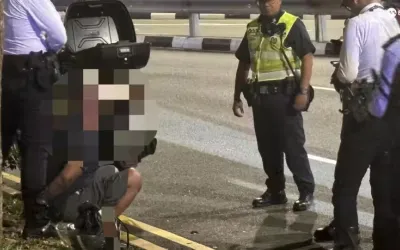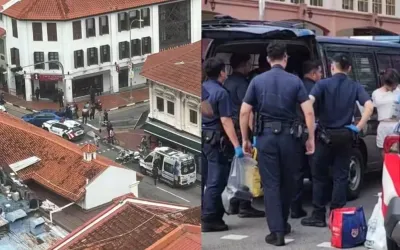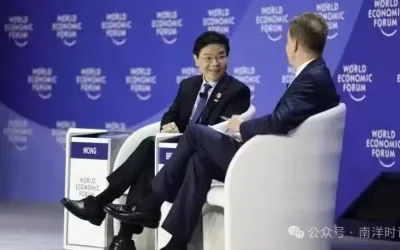The second achievement that FATF has made in the recent years is in improving transparency of legal entities, like companies and trusts, which can be used to hide criminal activities. Of note, FATF has updated its standards to require the disclosure of additional information that can allow law enforcement agencies to better identify the real owners behind these entities.
The third achievement that FATF has made is to identify ways to break down information silos. It is understandable why law enforcement agencies and private financial institutions would want to put safeguards around their information concerning their sources and clients. However, these safeguards create silos that criminals can exploit to hide their tracks. To address this, FATF has recommended ways that information can be shared between law enforcement agencies and financial institutions, and amongst private financial institutions, that are within acceptable guardrails.
Singapore supports these effort as we have seen the benefits when such information silos are broken down.
Earlier this year, our central bank, the Monetary Authority of Singapore, launched a platform for private financial institutions to securely share information with each other on customers that exhibit red flags. This enables them to better detect criminal networks and activities.
Our Singapore Police Force established an Anti-Scam Centre – where officers from law enforcement agencies, the major banks, and online e-commerce platforms all sit together at one venue, one site, to facilitate real-time coordination in tracing suspicious fund flows and freezing illicit monies.
We have seen positive outcomes from such initiatives. We have been able to detect fraud earlier and recover more monies for victims.
Singapore’s Commitment
Through the collective efforts of FATF and its partners, we have made progress against money laundering and terrorism financing at the global level. But the success of the global effort against financial crime is also dependent on effective implementation within national borders.
Singapore is fully committed to doing our part. As an international financial and business hub, we recognise that we face greater money laundering and terrorism financing risks. But we are determined to do what is needed to respond to these risks and safeguard Singapore’s reputation as a trusted financial centre.
To this end, we continually review and strengthen our legal frameworks to make them in line with the FATF’s standards.
Over the past few years, we have tightened our regulations to increase transparency on beneficial ownership; introduced new regulations; and strengthened existing laws to address risks related to virtual assets, as well as precious stones and metals dealers. We have also strengthened our laws to give our law enforcement agencies more tools and powers to pursue, prosecute and sanction offenders for money laundering offences.
We have made asset recovery a priority in our national anti-money laundering regime. Later today, Singapore will publish our first ever National Asset Recovery Strategy, which will set out how we will deprive criminals of their illicit funds and assets, remove the financial incentives for criminals to launder their illicit proceeds in Singapore, and return these assets to victims.
Singapore takes a strong approach against financial crime. But zero tolerance does not mean zero occurrence.
Even the most stringent anti-money laundering regimes can be circumvented by determined criminals who will continuously search for gaps to exploit.
It is also important that our measures are not over-zealous and do not unnecessarily stifle legitimate activities and investments.
So we adopt a risk-based approach. We focus on understanding the latest trends and developments in the financial world that can be exploited by criminals, and we develop tools and legal frameworks that will allow us to detect suspicious individuals and activities early.
Our approach has enabled us to take quick and strong enforcement action against criminals who try to use Singapore to launder their illicit funds.
In August last year, our law enforcement agencies conducted one of the largest anti-money laundering operations in the world.
After we picked up signs of illegal activities, we undertook extensive investigations.
And we seized more than S$3 billion in assets from 27 suspects.
10 suspects have since been convicted within a year of their arrest. Around S$940 million of their assets have been forfeited to the State, which is more than 90% of what we seized from them.
Investigations are ongoing against the 17 other suspects who are currently overseas.
The experience and lessons gleaned from this operation will be used to strengthen our regulations and enforcement.
Conclusion
To conclude, Singapore is honoured to have held the Presidency of the FATF over the past two years, and we would like to thank all FATF delegations for your support. The accomplishments over the past two years would not have been possible without your continued commitment to our shared mission and contributions to the FATF’s work.
I am confident that the FATF will continue to make significant progress under the incoming Mexican Presidency, where we will embark on the upcoming round of mutual evaluations to help members strengthen their regulatory and enforcement regimes in the face of ever-evolving threats.
On that note, I wish you a fruitful and productive Plenary meeting in Singapore.
KS丨編輯
HQ丨編審
新加坡總理公署丨來源
黃循財臉書丨圖源




